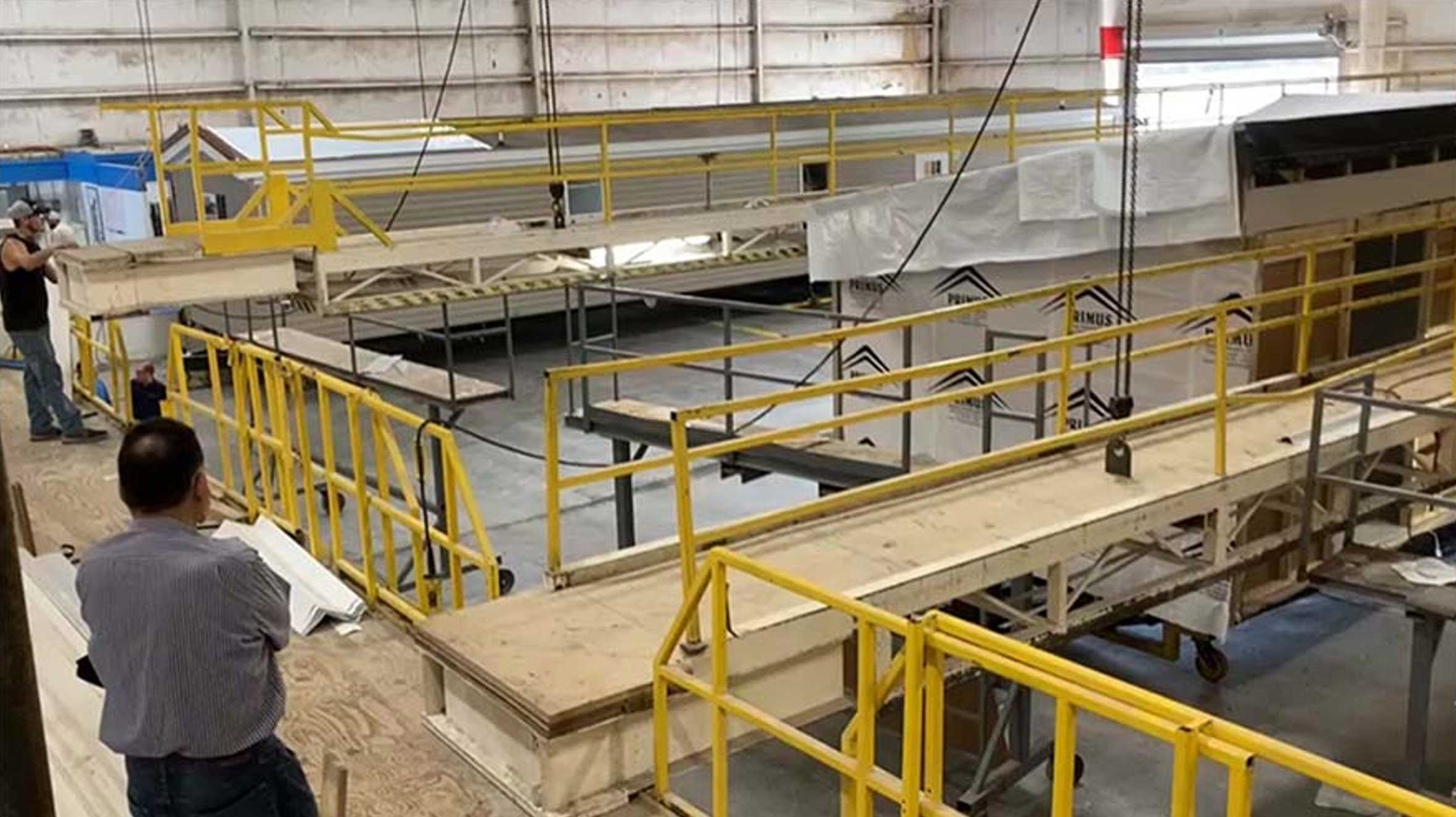
How Industrial Engineering Pays for Itself (and Fortifies Against Tariffs)
October 29, 2025Manufacturers today face a relentless set of challenges, many of which are completely outside their control. Chief among these is the volatile landscape of global trade. For companies operating across the North American market, particularly those with facilities in both the US and Canada, the periodic shifts and renewed discussions surrounding Canada US trade talks uncertainty create an environment of risk.
When a tariff is imposed or even threatened, it acts as a non-negotiable tax, instantly driving up the cost-per-unit for raw materials, components, or partially finished goods that cross the border. Waiting for trade agreements to stabilize is a passive strategy that erodes profit.
The smart, proactive response is to focus on what you can fully control: the efficiency and cost structure of your internal production process.
The secret to building a tariff-resilient business is making your production so efficient that it absorbs external shocks. This is achieved through a powerful combination of expert Industrial Engineering consulting and a state-of-the-art Manufacturing Execution System (MES).

The Firewall Against External Costs
Industrial Engineering is the practice of optimizing complex systems, not by simply buying new equipment, but by carefully analyzing and improving the utilization of people, technology, and information. Our consultants, with decades of experience, look beyond basic operations to the mechanics of your value chain.
We focus on the non-value-added activities—the wasted time, the unnecessary movement of parts, the machine downtime, and the inefficient layouts that inflate your costs.
A successful Industrial Engineering project delivers results by:
Systematically eliminating bottlenecks: Identifying the slowest part of your process and designing a solution to keep the entire line flowing smoothly.
Optimizing facility layout and flow: Reducing the time a product spends traveling across the plant, which cuts energy, labor, and lead time costs.
Standardizing work: Ensuring every step is performed the most efficient way possible, reducing variability and improving quality.
By tackling these internal inefficiencies, we lower your fundamental cost-per-unit. This reduction acts as a financial firewall, allowing your products to remain competitively priced even when external factors like tariffs increase the cost of materials.
The Digital Engine with MES
While Industrial Engineering identifies the path to efficiency, the MES is the digital tool that ensures you stay on that path and achieve continuous improvement.
An MES acts as the crucial link between your business planning systems (like ERP) and the physical shop floor. It monitors, tracks, and documents every production activity in real time, delivering the data needed to make rapid, informed decisions.
How a Manufacturing Execution System Reduces Your Costs:
Eliminating Waste and Rework: An MES enforces quality checks and process steps. If a process deviates from the standard, the system alerts operators instantly, preventing defective work from moving forward. This dramatically cuts down on expensive scrap and rework, lowering your cost of poor quality.
Boosting Asset Utilization: Through real-time monitoring of equipment performance, the Manufacturing Execution System helps transition from reactive repairs to predictive maintenance. This keeps valuable machinery running longer and reduces unexpected, costly downtime.
Accurate Labor Utilization: An MES provides transparent data on how labor is being utilized, helping managers schedule personnel effectively and avoid over-allocation or expensive, unplanned overtime.
The data gathered by the MES confirms the improvements set out by the Industrial Engineering strategy, making the savings measurable and repeatable. It’s the tool that makes your operation agile enough to weather the storms of global trade.

Take Control of Your Profitability
The return on investment for optimizing your value chain is straightforward: the cost savings achieved by eliminating waste and maximizing throughput often surpass the investment in Industrial Engineering and MES within a surprisingly short timeframe.
This isn't merely about surviving the next round of Canada US trade talks uncertainty; it is about establishing a permanent, fundamental competitive advantage. By focusing on manufacturing excellence, you are protecting your bottom line from external trade shocks, ensuring that your company remains profitable and a leader in your market.
With over 40 years of experience and a team of 300+ professionals across Michigan and Ontario, we at Design Systems Canada (DSC) possess the technical expertise to optimize even the most complex manufacturing and industrial design environments.
Don't let market volatility dictate your margins. Take control of your costs and secure your future.
Contact DSC today to begin a preliminary assessment of your value chain and discover how our Industrial Engineering and MES solutions can make your products resilient.